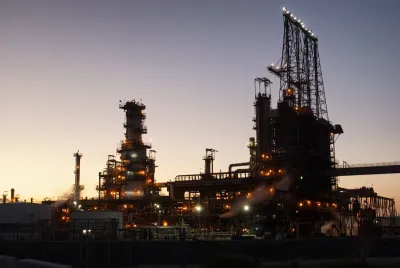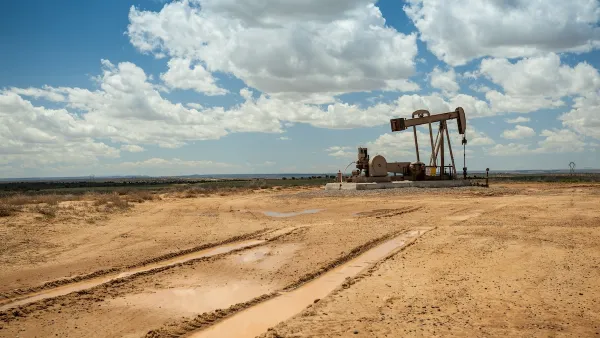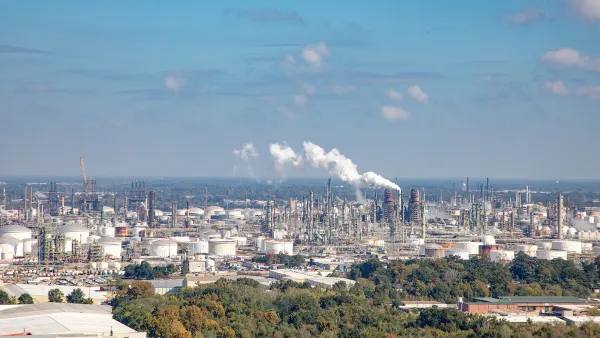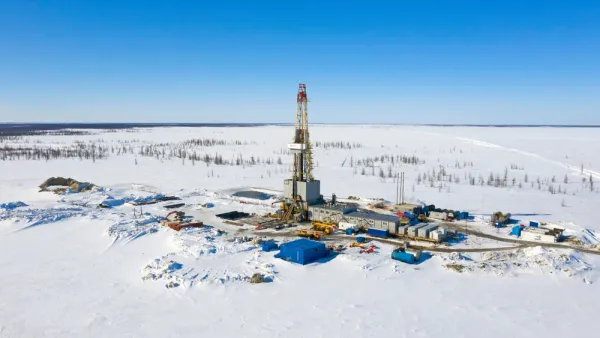The sudden closure of the Phillips 66 refinery in Los Angeles has been welcomed by environmental and community activists, raising hopes for reduced pollution.

The recent announcement that the Phillips 66 refinery in Los Angeles will close next year has been met with relief from environmental activists and local residents. The refinery, located in Carson and Wilmington, has been a source of pollution and health concerns for over a century, with complaints of toxic emissions, flaring, and fires in recent years. According to Julia May from Communities for a Better Environment, the sudden closure, though unexpected, is seen as an opportunity to address the environmental and public health issues that have long plagued the surrounding communities.
As reported by Tony Briscoe, the refinery’s shutdown comes as California’s demand for fossil fuels declines, largely due to the increasing adoption of electric vehicles and the state’s broader efforts to transition away from petroleum products. This trend has raised questions about the future of the site and whether cleaner, more sustainable operations could replace the refinery infrastructure. Meanwhile, community advocates are emphasizing the need for a just transition, ensuring that the 600 workers and 300 contractors affected by the closure are supported in finding new employment in emerging sectors of the economy.
The Phillips 66 facility has been notorious for releasing harmful chemicals, including benzene and sulfur dioxide, which have impacted the health of nearby residents. Among the most concerning incidents were two major fires at the Carson refinery in 2019, which led to citations from the U.S. Environmental Protection Agency. As the closure moves forward, environmental and community activists are hopeful that this marks a significant step toward reducing pollution in the region while promoting environmental justice.
FULL STORY: Phillips 66 refinery closure a welcome surprise to environmental and community activists

Analysis: Cybertruck Fatality Rate Far Exceeds That of Ford Pinto
The Tesla Cybertruck was recalled seven times last year.

National Parks Layoffs Will Cause Communities to Lose Billions
Thousands of essential park workers were laid off this week, just before the busy spring break season.

Retro-silient?: America’s First “Eco-burb,” The Woodlands Turns 50
A master-planned community north of Houston offers lessons on green infrastructure and resilient design, but falls short of its founder’s lofty affordability and walkability goals.

Test News Post 1
This is a summary

Analysis: Cybertruck Fatality Rate Far Exceeds That of Ford Pinto
The Tesla Cybertruck was recalled seven times last year.

Test News Headline 46
Test for the image on the front page.
Urban Design for Planners 1: Software Tools
This six-course series explores essential urban design concepts using open source software and equips planners with the tools they need to participate fully in the urban design process.
Planning for Universal Design
Learn the tools for implementing Universal Design in planning regulations.
EMC Planning Group, Inc.
Planetizen
Planetizen
Mpact (formerly Rail~Volution)
Great Falls Development Authority, Inc.
HUDs Office of Policy Development and Research
NYU Wagner Graduate School of Public Service




























